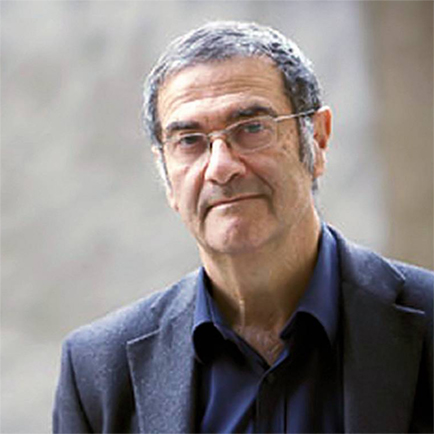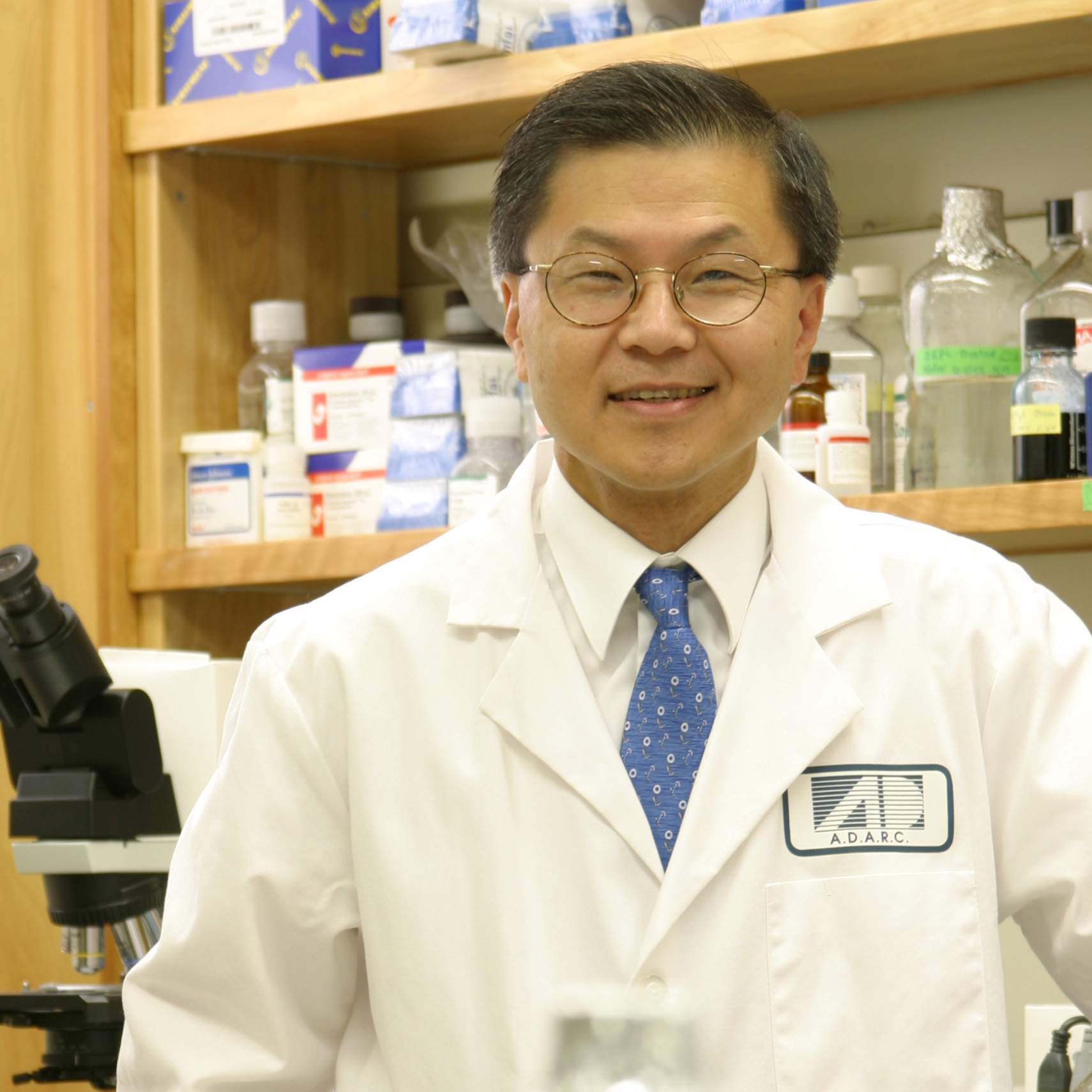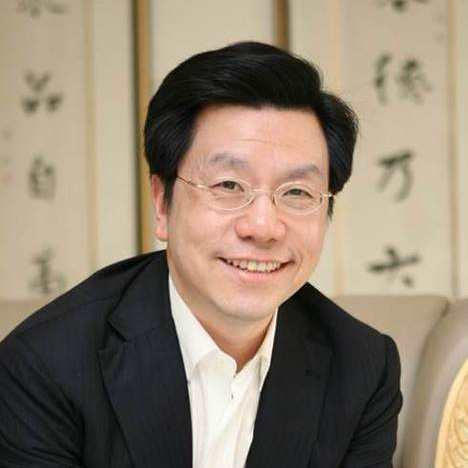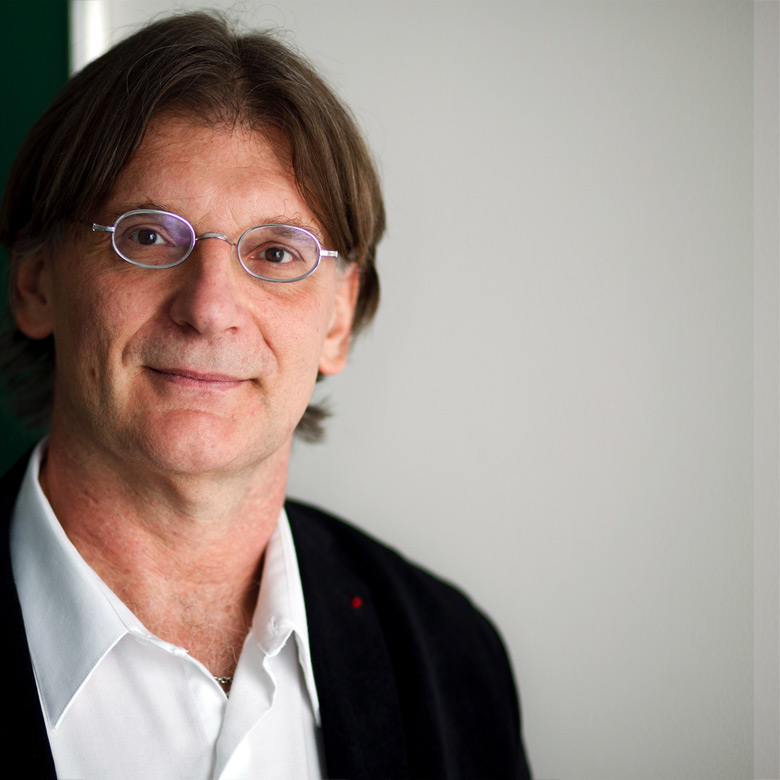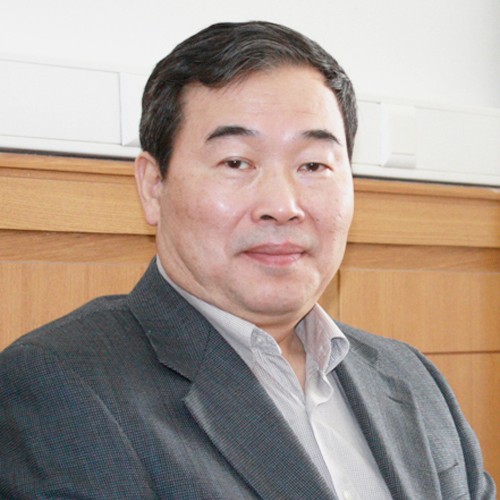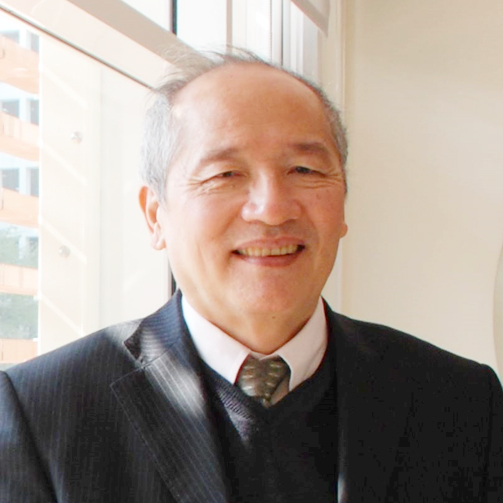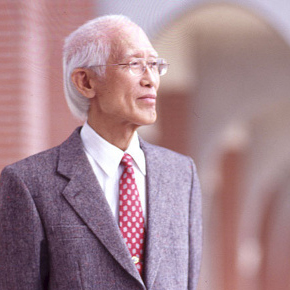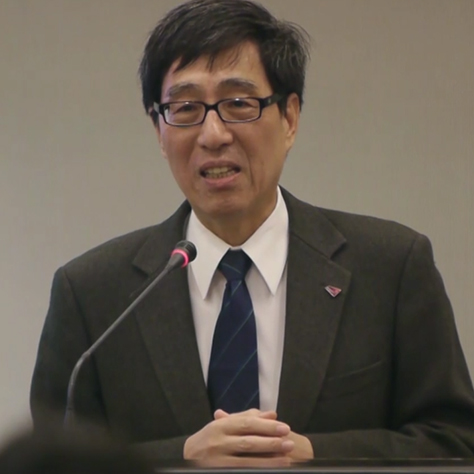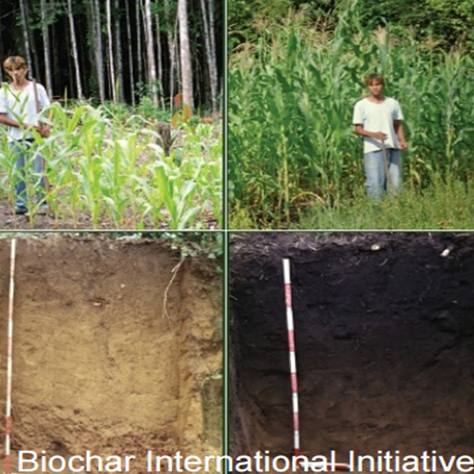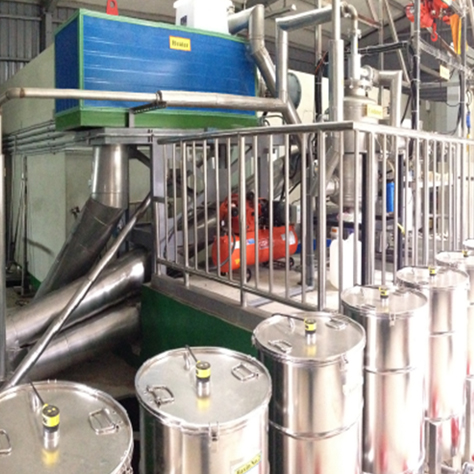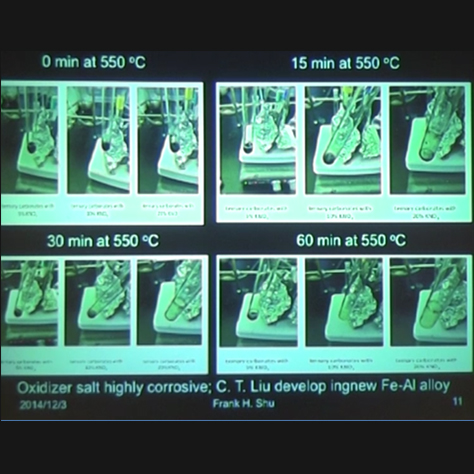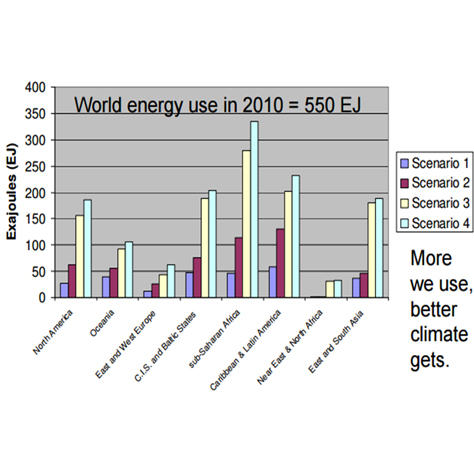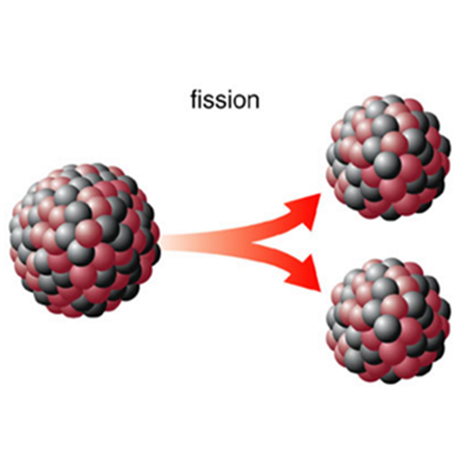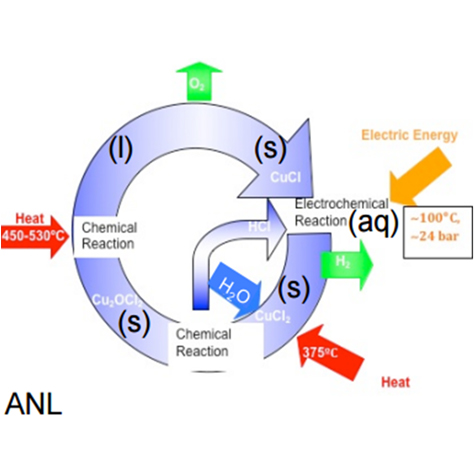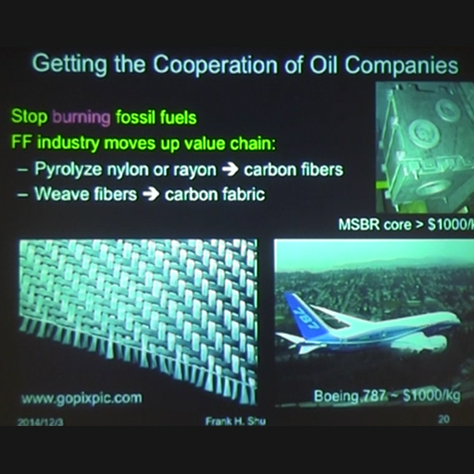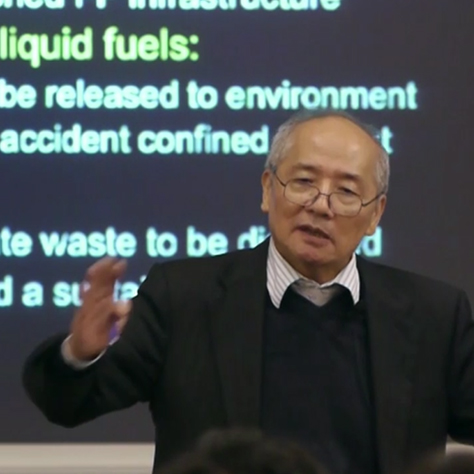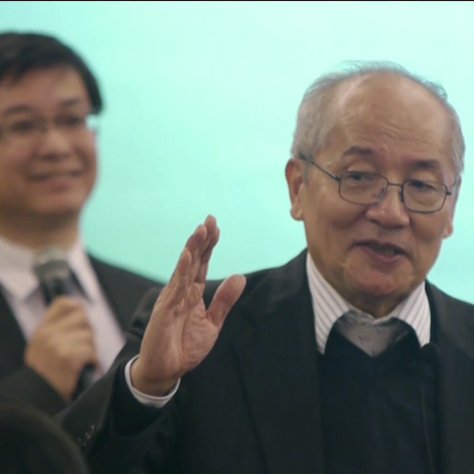Abstract
Climate change is real, here, and potentially catastrophic in its effect. We argue that climate mitigation now requires not only Emitting less greenhouse gas (GHG), but actually sources of negative carbon. We then present two technologies researched by our group, supertorrefiers (STRs) and molten salt breeder reactors (MSBRs), that taken together can result in a systematic lowering of GHG levels in the Earth's atmosphere. STRs have the potential of creating solid, liquid, and gaseous biofuels that are economically competitive with coal, petroleum, and natural gas. MSBRs can replace, over the long-term, the light water reactors in current usage with a walk-away safe, less expensive, more proliferation-resistant form of nuclear power, with acceptable solutions for the problems of high-level and low-level nuclear waste. Taken together, STRs and MSBRs allow a smooth and gradual transition away from fossil fuels while exploiting the storage, transportation, and power-generation infrastructures built up to support the fossil-fuel industry. If the biochar is buried rather than burned, the transition can occur in a manner, which improves, rather than degrades, the environment with increased use.
Speaker's Biography
Professor Frank Shu is a University Professor Emeritus of University of California at Berkeley and San Diego, a member of the US National Academy of Sciences, the American Philosophical Society, a Fellow of the American Academy of Arts and Sciences, and a Distinguished Research Fellow at the Academia Sinica in Taiwan.
Professor Shu received his B.S. in Physics at Massachusetts Institute of Technology in 1963 and his Ph.D. in Astronomy at Harvard University in 1968. After a 5-year stint at the State University of New York, Stony Brook, he joined the faculty of University of California at Berkeley, and served as Chair of the Astronomy Department from 1984 until 1988. He was appointed as University Professor in 1998, an honor bestowed on only 35 faculty members in the UC system since its founding. From 2002 to 2006 he served as President of National Tsing Hua University in Taiwan. He then joined the faculty of the Physics Department at the University of California at San Diego. In 2009 he retired as University Professor and accepted a position as a member of the Science and Technology Advisory Group and Advisor on Energy to the Premier of Taiwan. He also Chairs the Advisory Committee of the Green Energy Laboratory of the Industrial Technology Research Institute (ITRI) and is a member of ITRI's Advanced Research Advisory Committee. Since 2009, he has devoted all his efforts at Academia Sinica and at ITRI to developing alternative sources of energy to replace the burning of fossil fuels in response to the growing crisis of global climate change. In his personal research on molten salt technologies with applications to nuclear energy, biofuels, and municipal waste management, he has active collaborations with academic research groups at UC Berkeley, the University of Michigan, and the Ohio State University. In addition to ITRI, his industrial partners include Taiwan Power Company, the Chung Shan Institute of Science and Technology, the Welantech Int'l Ltd, Taiwan, and SGL Carbon LLC, in St. Marys, Pennsylvania.
Lecture Videos Playback
Further Reading
Earth, Raw Media
Dr. Frank Shu: An Astrophysicist Offers An Outsider's view on the future of energy
Shu, 71, has spent decades researching the great questions of the universe. In the early 605, the Chinese-born American professor launched a long and distinguished career in the sciences developing a theory about the spiral arms of galaxies as an undergrad at MIT. By the end of the decade, Dr. Shu graduated from Harvard with a PhD in astronomy
Published on 6 November 2014
Link to Video